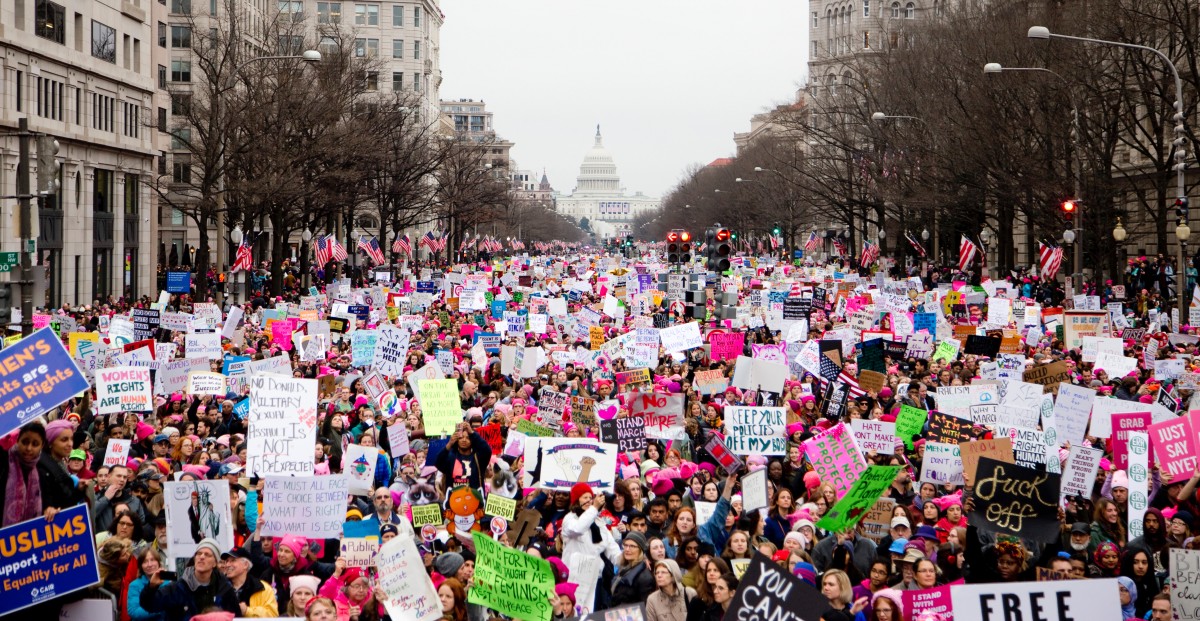
A significant group of researchers within the department work study political processes across the world, including Britain, Continental Europe, the Americas, the Middle East, South Asia, and North and Southern Africa. Many use a comparative-historical method, tracing broader patterns that go beyond specific countries. For instance, some of our research focuses on Spanish politics and the rise of separatist movements in Catalonia; gendered violence in India and South Africa; and the Arab Spring and its aftermath.
Closely related to the study of political processes, some of our colleagues analyse the causes and effects of a variety of social inequalities. This research ranges from quantitative studies of insecure employment in the UK to ethnographic studies of the ‘lived experience’ of racism in Latin-America. Sociology is one of the leading departments at Cambridge addressing the politics of gender, as well as LGBTQ issues, and reproductive politics.
